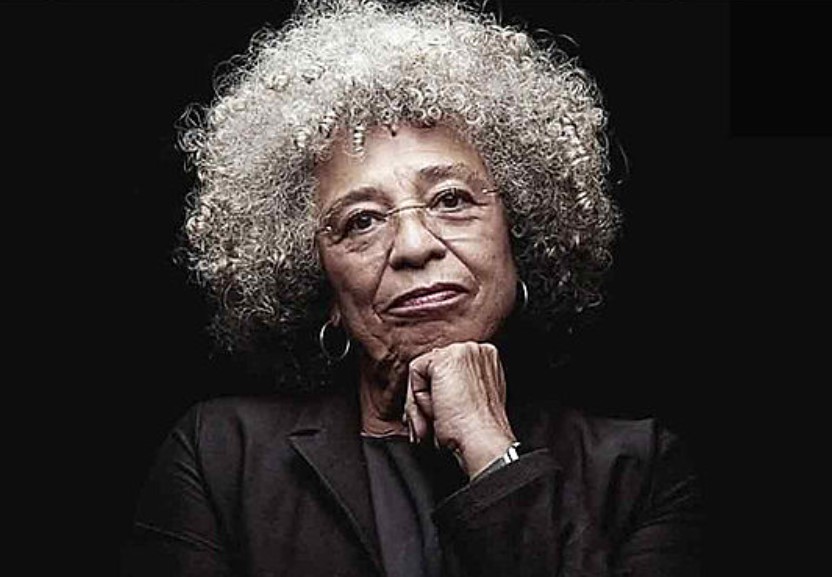How to contact Angela Davis? Angela Davis’s Contact Address, Email ID, Website, Phone Number, Fanmail Address
Hello, folks! Do you follow Angela Davis? Are you trying to find Angela Davis’s contact information on Google? What is Angela Davis’s E-mail address, Phone Number, WhatsApp number, or Contact Details? Do you know Angela Davis’s birthplace and where he was born? What is Angela Davis’s Insta, Twitter, or Fb ID?
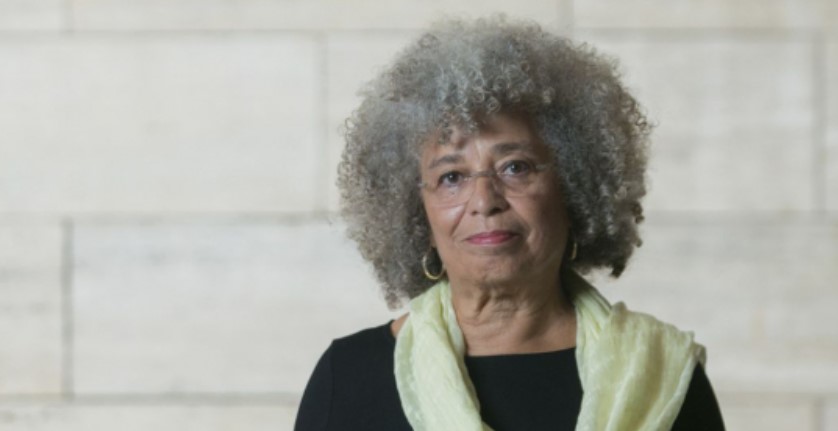
Have such a question? Please find out how to get Angela Davis’s address so you may write him fan mail and ask for an autograph. Please write a professional, well-written letter requesting an autograph. Remember to choose straightforward language and short phrases for better readability.
Find out all these things in our article below…
Today I will tell you about HOW TO CONTACT ANGELA DAVIS.
Angela Davis, whose full name is Angela Yvonne Davis, is a militant American black activist. She was born on January 26, 1944, in Birmingham, Alabama, in the United States. She established worldwide notoriety when imprisoned and on trial on conspiracy charges in 1970–1972. Davis, the daughter of two Alabama educators, had her education at home and in other countries between 1961 and 1967 before beginning her Ph.D. work at the University of California, San Diego, where she was instructed by the Marxist scholar Herbert Marcuse.
In 1970, the California Board of Regents did extend her appointment as a professor in philosophy at the University of California, Los Angeles, due to her political convictions. This occurred even though she had an outstanding track record as an educator at the Los Angeles campus. Davis, on the other hand, started working at the University of California, Santa Cruz, in the year 1991 as a professor in the subject of the history of consciousness.
In 1995, when there was a lot of controversy around the situation, she was appointed to a presidential chair. In 2008, she was honored with the title of professor emerita. During the 1960s and 1970s, when Davis was active in the movement to improve conditions for black inmates, she became particularly attached to a young revolutionary named George Jackson, one of the so-called Soledad Brothers named after Soledad Prison.
In a failed breakout and abduction attempt from the Hall of Justice in Marin County, California, on August 7, 1970, Jackson’s brother Jonathan was one of the four people to be slain. The judge who presided over the trial was also one of the victims. Davis was one of the most wanted offenders by the Federal Bureau of Investigation because of the suspicion that he was involved in the crime and its subsequent cover-up.
She was taken into custody in New York City in October 1970 and then transported to California, where she was charged with abduction, murder, and conspiracy. However, an all-white jury found her not guilty of all counts. Angela Davis: An Autobiography was first released by her in 1974 and again reissued in 1988. She made an unsuccessful bid for the vice presidency of the United States in 1980, running on the Communist Party platform.
Her published works include the books Women, Race, and Class (1981), Women, Culture, and Politics (1989), Blues Legacies and Black Feminism: Gertrude “Ma” Rainey, Bessie Smith, and Billie Holiday (1998), as well as Are Prisons Obsolete? (2003). A disagreement has arisen in France due to the insistence of a politician on the right wing to have a high school named after the African American activist Angela Davis alter its name.
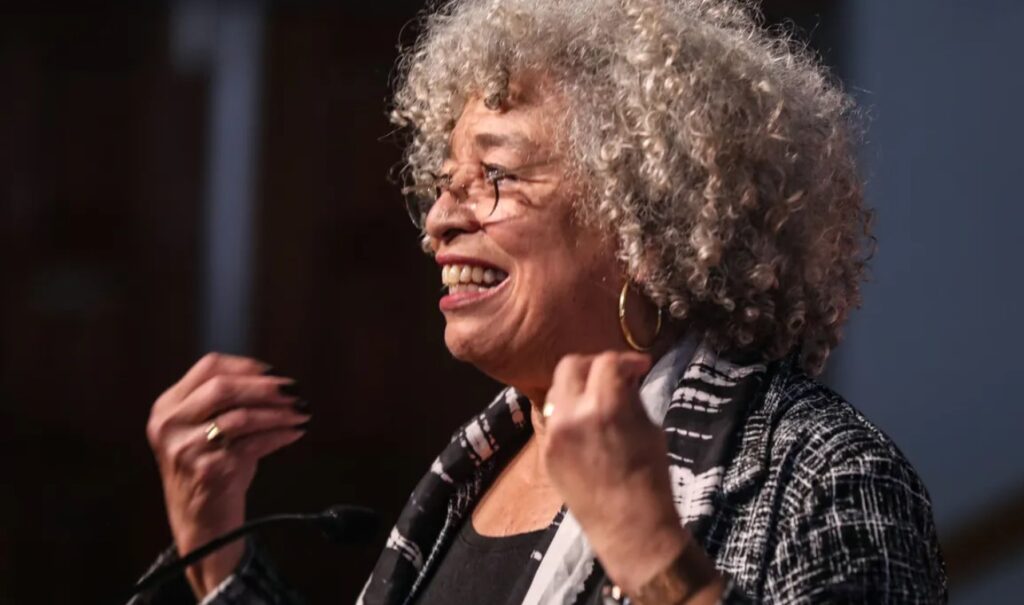
The current leader of the larger Paris Île-de-France region is Valérie Pécresse, who unsuccessfully campaigned for president last year on the ticket of Nicolas Sarkozy’s party, Les Républicains, and received an embarrassingly low percentage of the vote. This week, she testified before a committee that the university professor and former Black Panther’s belief that racism is a systemic problem does not apply to France and that teaching such a concept to French schoolchildren is both dangerous and divisive.
The Lycée Angela Davis in Saint-Denis, located north of Paris, was inaugurated in 2017. Its name was chosen in collaboration with the school administration and the mayor of the neighborhood. This was done by a long-standing custom in France, in which secondary schools take the names of notable individuals who have rendered exceptional service to the nation or humanity.
This week, in the face of outrage from those on the left, Pécresse refrained from calling for a vote by the regional council and instead requested the education ministry, asking them to investigate whether or not the high school’s name complied with the law. Pap Ndiaye, the education minister of France and a well-known historian and specialist on minority rights in the United States and the history of racial tensions on both sides of the Atlantic, has not yet stated the controversy.
Pécresse said in front of a committee that even though Davis’s brave work was about “the quest for dignity and equality,” she was “too radical and contentious” to have her name on a French school because it would disrupt the “calm” of the establishment. Pécresse made this statement even though Davis’s work was about “the quest for dignity and equality.”Angela Davis is convinced that racism is a systematic problem, according to what she has stated about her beliefs. “This could be true in the United States, and it was confirmed in the United States.
Angela Davis Fan Mail address:
Angela Davis,
Birmingham, Alabama, United States
Career:
However, this is not the case in France. Although some groups might agree with this viewpoint, it is ultimately an assault on the universalist principles of the French Republic. She gave the impression that the French Republic’s promise of “liberty, equality, and fraternity,” according to which everyone should be regarded as equal and free, indicated that racism is not a problem in France on a systematic level.
Pécresse criticized Davis for writing a joint opinion article in 2021 with many other foremost foreign academics in favor of French academic work on colonialism and racism amid a dispute over higher education. Several other notable international scholars joined Davis. A regional council member representing Pécresse’s party suggested that the school be renamed Lycée Rosa Parks in honor of the activist whose refusal to give up her bus seat in the United States sparked the beginning of the civil rights movement in that country.
She stated, “Now is the time to deeply reflect on the protracted fight for freedom that has already spanned multiple centuries.” “It is also a time to reflect on how we might accelerate that struggle to guarantee that those who have been denied entrance into the circle of freedom might not only be admitted but that by recognizing their struggles, their collective multigenerational vision, it might be possible to reimagine future worlds — radical democratic futures for all beings that inhabit this planet.”
During the luncheon event, the invocation was given by DiOnetta Jones Crayton, the associate dean for undergraduate education at MIT and the director of the Office of Minority Education. She stated that in these times of pain and grief over events that are all too familiar, there is a time to lament, and there is a time to celebrate, as it is written in the Bible. She said that as of today, “we actively and purposefully choose to celebrate” the life, legacy, and influence that King’s life left behind.
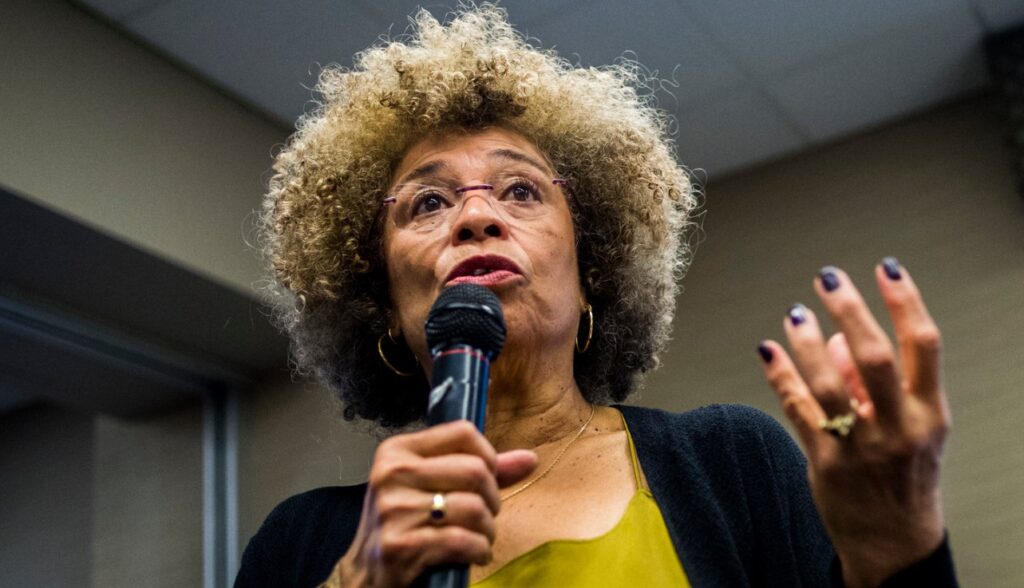
As a professor, Davis has taught at San Francisco State University, Mills College, and UC Berkeley. In addition to teaching at Stanford University and UCLA, she has also taught at Vassar College, Syracuse University, and the Claremont Colleges. Her most recent teaching position was for 15 years at the University of California, Santa Cruz, where she is currently a Distinguished Professor Emerita in the multidisciplinary Ph.D. program History of Consciousness and the field of Feminist Studies.
Davis is the author of ten books and has given presentations around the United States and Europe, Africa, Asia, Australia, and South America. In recent years, a recurrent topic that has been addressed in her work is the wide variety of social problems that are related to imprisonment, as well as the widespread criminalization of those groups who are most severely impacted by issues such as poverty and prejudice.
She draws on her own experiences as a person who was put on the FBI’s “Ten Most Wanted List” in the early 1970s and spent 18 months in jail before being tried (a jury cleared her) and then placed on the “Ten Most Wanted List” again. She has also done substantial studies on various topics relating to racial inequality, gender inequality, and the criminal justice system. Davis is distraught, like many other educators, with the overall trend to allocate more money and attention to the judicial system than educational institutions.
Having contributed to the widespread acceptance of the concept of a “prison industrial complex,” she now encourages the people who listen to her to consider the prospect of a world without prisons seriously and to participate in forming an abolitionist movement in the 21st century. Angela Davis, a political activist, philosopher, academic, and novelist, is scheduled to give a talk at California State University, San Bernardino, on Monday. The lady, now 79, is most renowned for her research and activism for several decades. Her career began in the 1960s.
In addition to that, she has been an active participant in several campaigns for social justice all around the globe. Davis will give the talk at noon at the Santos Manuel Student Union North Conference Centre in San Bernardino, 5500 University Parkway. Angie Otiniano Verissimo, an associate professor of health science and human ecology at CSUSB, and Alexandra Thambi, a student majoring in biology and head of the SMSU Board of Directors, will be the session’s moderators. Both of these women will be present. There is also a virtual alternative to choose from.
She has taught as a professor at San Francisco State University, Mills College, and UC Berkeley. In addition to teaching at Stanford University and UCLA, Davis has also held teaching positions at Vassar College, Syracuse University, and the Claremont Colleges. In recent years, she has been concentrating on the socioeconomic issues related to imprisonment and the generalized criminalization of groups most afflicted by poverty and racial prejudice.
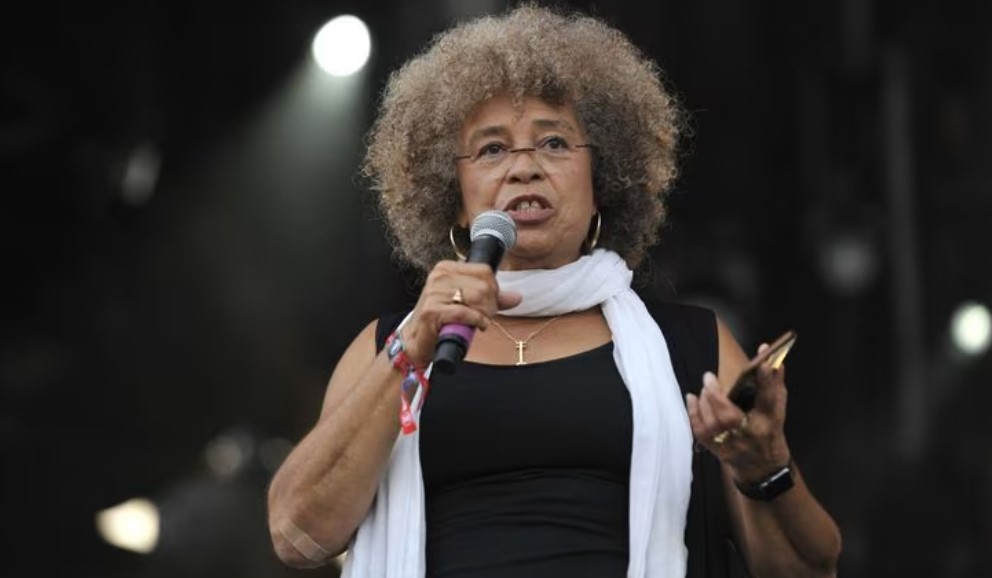
(1) Full Name: Angela Davis
(2) Nickname: Angela Davis
(3) Born: 26 January 1944 (age 79 years), Birmingham, Alabama, United States
(4) Father: Frank Davis
(5) Mother: Sallye Davis
(6) Sister: Fania Davis Jordan
(7) Brother: Ben Davis, Reginald Davis
(8) Marital Status: Married
(9) Profession: Activist
(10) Birth Sign: Aquarius
(11) Nationality: American
(12) Religion: Christians
(13) Height: 1.73 m
(14) School: Parker High School in Birmingham.
(15) Highest Qualifications: Not Available
(16) Hobbies: Not Available
(17) Address: Birmingham, Alabama, United States
(18) Contact Number: 651-227-6000
(19) Email ID: Not Available
(20) Facebook: https://www.facebook.com/AngelaDavis26
(21) Twitter: https://twitter.com/Yvonne_DavisA
(22) Instagram: https://www.instagram.com/_angeladavis1944
(23) Youtube Channel: Not Available
Also, Look into: Alexandria Ocasio-Cortez Contact Address, Phone Number, Whatsapp Number, Fanmail Address, Email ID, Website
